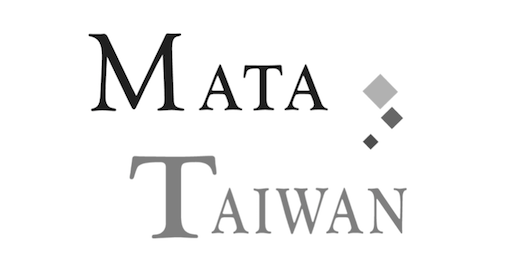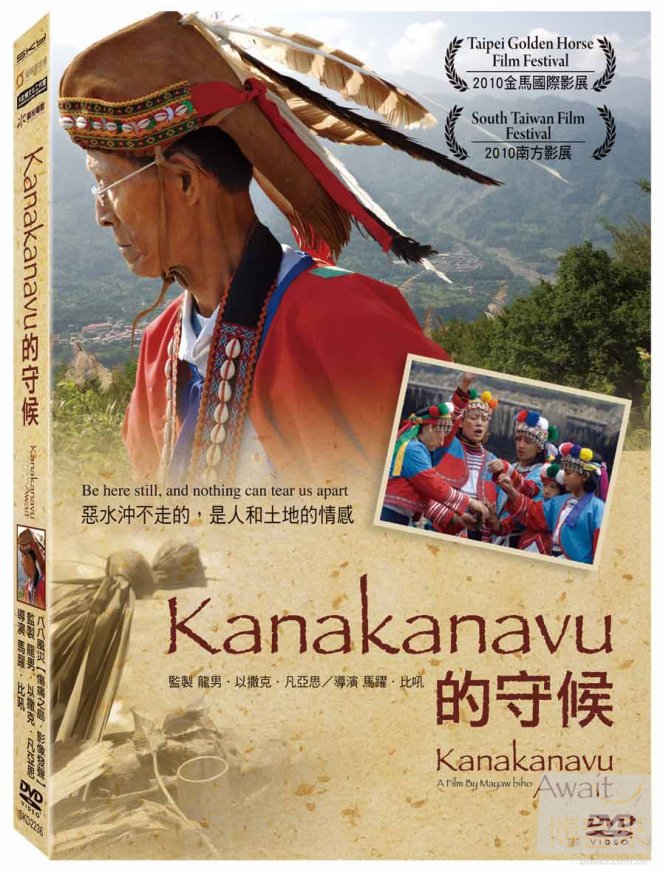人家說,睏卡飽卡有眠……
是的,睏卡飽,除了養體力養精神養肝養好皮膚之外,還有助於做好夢!(小編:未經科學證實)
做好夢可以拿來做什麼?可以被卡那卡那富族人抓去為米貢祭點火開場!People say: Sleep tight, have a good dream!
And Kanakanavu people say: Sleep tight, have a good dream, and so we can start our Ceremony of Millet!
來自高雄市那瑪夏區的卡那卡那富族,目前全球人口僅剩不到 500 人,是真正少數民族中的少數民族!不過雖然他們人數少,之前又一直被歸類於鄒族的大家庭裡,但仍然努力維持自己特有的文化與祭典
-- 例如上週末才剛結束的「米貢祭」就是了!
米貢祭,慶豐收
米貢祭是族人最重要的祭典之一,在卡那卡那富語裡就叫「米貢」(mikong),意思正是「小米」。跟所有台灣原住民族一樣,卡那卡那富族也是依循著每年作物的生長與收成,來決定祭典的舉行。因此每年為了慶祝小米豐收,感謝天神與祖靈庇佑的米貢祭,自然就是在每年秋天,小米都豐收後舉行。
在米貢祭當天,耆老和頭目會問問族人:
你們有誰做了好夢啊?
像夢到獵到很多動物、小米豐收,就算大好夢。於是大家就會找出夢得最好的人,負責在男子集會所(cakuru)點火,開始當年的米貢祭!
象徵團結向心力的麻糬,是一定要的啦!
米貢祭當中,一定要貢獻的四種食物有:麻糬、肉、酒,和魚,放在集會所的祭物台上,接著族人就會用族語說:
感謝天神、感謝祖靈,沒有祢們這些種子,我們就沒有食物吃!
最讓小編覺得神奇的地方是,那個麻糬的卡那卡那富語就叫 pepe,發音像閩南語的「白白」,而意思正是「純白」的意思!實在很難讓人不猜測,這個字彙該不會是被閩南語影響的吧!
為了象徵族人的團結,最後大家會一起把一小塊「白白」黏到集會所的柱子上,也希望部落能堅固不倒塌:
請讓我們族人團結;讓我們住的處所,不論是集會所或家屋,都能堅固不倒塌……
卡那卡那富族,無論是祭典或語言,都和鄒族有所不同。然而在經歷 2009 年的莫拉克颱風後,原本人數就少的卡那卡那富族,人數更是凋零。雖然如此,在族群勢力不大,爭取正名又尚未果的情形下,仍努力維持他們的語言與文化。
也希望他們在米貢祭的心聲,能傳達到天神和祖靈的耳裡,讓我們在百年之後,還能看到卡那卡那富族人在南台灣的家鄉牽手唱《Cina Cuma》(「媽媽爸爸」)這首米貢祭必唱的祈福歌。

小編推薦閱讀
資料來源:臺灣原住民族歷史語言文化大辭典/圖片來源:Wikipedia(CC Licensed)、國立台灣大學人類學系
好物推薦
惡水沖不走的,是人和土地的情感
八八風災【傷痛之島.影像發聲】
監製:龍男.以撒克.凡亞思
導演:馬躍.比吼
2010年1月,下山的族人扶老攜幼,回到達卡努瓦部落重新建立家園。但是重建是如此的困難,通往那瑪夏鄉的道路至今仍在河床上不斷改道,如果台灣這小島上還可以有島,卡那卡那富族人和達卡努瓦村就是這島上最深的孤島。
卡那卡那富族族人有一個小小心願,希望全世界都知道「卡那卡那富就是卡那卡那富」。人數是400多人,且多年來在學術上被歸類為鄒族,受日本殖民政策影響而大部分說布農語,但老人家依然記得,卡那卡那富族有自己獨特的語言、祭典、歌謠、生活方式、家族名與人名,希望能做自己,不要再偽裝……
The Kanakanavu people from Namasia District of Kaohsiung City in Southern Taiwan have no more than 500 people in the world and is a real minority group among minorities!
Even though they have so few number of people and have long been counted in the family of Cou, an officially recognized indigenous people in Taiwan, they’ve still tried to keep their unique cultures and ceremonies,
— Just like the Ceremony of Millet just taking place last week!
Mikong, the Ceremony of Millet
The Ceremony of Millet is one of the most important annual ceremonies of Kanakanavu, who call the ceremony Mikong in the Kanakanavu language, which means “millet” exactly. Just like almost all the other indigenous groups in Taiwan, Kanakanavu people follow the circle of Mother Earth, the growth of crops, to decide when and how to hold a ceremony. And so the Ceremony of Millet to express their gratitude to the blessings of the deities and the ancestral spirits in the past one year takes place every autumn after the harvest of millet. On the first day of the ceremony, the elders and the chief ask their people:Who had a good dream last night?For them, a good dream is one like hunting many animals or harvest lots of millet in the dream. And they will figure out whose dream is the best and have the dreamer ignite a fire in front of cakuru, the Men’s Gathering Place, and therefore start the ceremony! (See, a good dreamer is very important for Kanakanavu!)
Rice Cake is a Must-Have in the Ceremony of Millet!
There are four must-haves in the Ceremony of Millet: rice cake, meat, wine, and fish, to be put on the altar in front of the cakuru to offer to the deities and the ancestral spirits. And the people would say:We express our sincere gratitude to you, our deities and our ancestral spirits. Thank you for your seeds to sustain our lives!What’s amazing too me is, in Kanakanavu, the white rice cake is called pepe, which means and sounds exactly like “pure white” in the Southern Min Chinese language! So it’s very likely that the word is a borrowing from the Southern Min Chinese people coming to Taiwan 400 years ago! And then the people would tear the rice cake apart and stick the tiny pieces onto the poles of cakuru, praying that:
Be the sticky rice cake gathers our people all together, and be it support our buildings and our community to keep them strong and standing forever!Kanakanavu has long been treated as a subgroup of Cou but indeed has many difference from Cou in no matter ceremonies or language. So be the voices of Kanakanavu people in the Ceremony of Millet heard by the deities and the ancestral spirits so that we can still hear the people sing in a circle in Southern Taiwan.

資料來源:臺灣原住民族歷史語言文化大辭典/圖片來源:Wikipedia(CC Licensed)、國立台灣大學人類學系]]>

